What Type Of Mount Is Nikon D7100?
The Nikon D7100 uses the Nikon F-mount for its lenses. This is the same mount type used by most Nikon DSLR cameras. The F-mount has been in use since 1959 and has seen various updates and modifications over the years, but it remains a consistent standard for Nikon’s DSLR system.
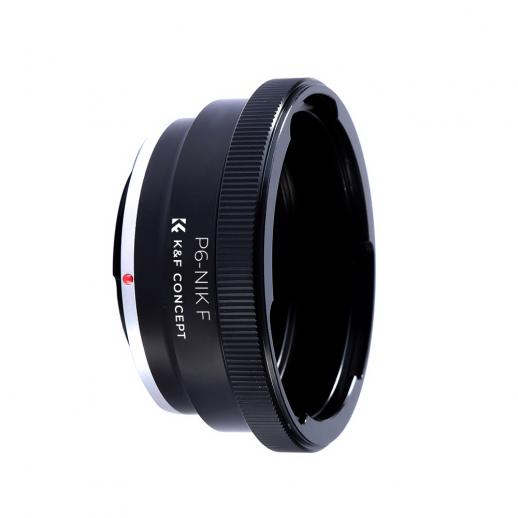
Nikon F-Mount Overview
The Nikon F-mount is a bayonet-style mount that allows for a secure connection between the camera body and the lens. It is widely recognized for its durability, versatility, and broad range of lens compatibility. The F-mount system supports both manual and autofocus lenses, and the D7100 is fully compatible with AF-S (autofocus with a built-in motor) and AF-D (auto-focus via the camera's body motor) lenses. However, it is important to note that the D7100 does not have an in-body autofocus motor, which means that it will not be able to autofocus with AF (autofocus without a motor) lenses, as these lenses rely on the camera's internal motor for focusing.
Lens Compatibility
1. AF-S (Autofocus Silent Wave Motor) Lenses: These lenses have a built-in motor, allowing the camera to autofocus without relying on the body’s motor. This is important for the D7100, as it lacks an internal autofocus motor. AF-S lenses are the most versatile and reliable choice for this camera, and you can be sure they will work seamlessly with the D7100.
2. AF-D (Autofocus with Drive) Lenses: These lenses rely on the camera’s in-body motor for autofocus. Since the Nikon D7100 lacks an in-body autofocus motor, you will need to manually focus these lenses.
3. Manual Focus Lenses: The F-mount also supports older, manual focus lenses, which can be mounted and used on the D7100 with full manual control. These lenses may not have electronic communication with the camera for aperture control, so you’ll need to adjust settings manually.
4. DX and FX Lenses: The D7100 is a DX-format (APS-C sensor) camera, which means it is optimized for DX lenses. However, it is fully compatible with FX lenses (which are designed for full-frame cameras). When you use an FX lens on the D7100, the camera will automatically crop the image to match the DX sensor size, but the lens will still fit the F-mount.
Considerations for Choosing Lenses
While the Nikon F-mount provides a wide variety of lens options, there are a few factors to consider when choosing lenses for your D7100:
- Autofocus Compatibility: As mentioned earlier, the D7100 lacks an internal autofocus motor. If you want to use autofocus, you should focus on AF-S lenses or those with a built-in autofocus motor.
- Crop Factor: The D7100’s DX sensor results in a 1.5x crop factor. This means that using a full-frame (FX) lens on this camera will effectively increase the focal length by a factor of 1.5. For example, a 50mm lens on a full-frame camera will behave more like a 75mm lens on the D7100. If you want a wide-angle lens, you may want to select a DX-specific lens that is optimized for the crop factor.
- Optical Quality: Not all lenses are created equal. For optimal image quality, particularly with a camera like the D7100, which features a high-resolution sensor (24.1 megapixels), you’ll want lenses that offer sharpness, contrast, and minimal distortion. Prime lenses, such as the Nikon 35mm f/1.8G DX or the Nikon 50mm f/1.8G, are often praised for their exceptional image quality.
Popular Lens Options for Nikon D7100
Here are some lens options that are highly recommended for the Nikon D7100 based on their compatibility, performance, and cost-effectiveness:
1. Nikon 35mm f/1.8G DX
A great prime lens for DX-format cameras, this lens offers sharpness, great low-light performance, and a large aperture for creating beautiful background blur (bokeh). It's a fantastic all-around lens for both stills and video.
2. Nikon 18-140mm f/3.5-5.6G ED VR
A versatile zoom lens that provides a solid focal range from wide-angle to telephoto, perfect for everyday photography. It’s a great option for travel and general use.
3. Nikon 50mm f/1.8G
A classic standard prime lens, this 50mm is ideal for portraits, street photography, and low-light situations. The f/1.8 aperture allows for beautiful background separation and excellent subject isolation.
4. Nikon 10-24mm f/3.5-4.5G ED DX
For wide-angle enthusiasts, this lens is a fantastic choice for landscapes, architecture, and interiors. It is specially designed for DX-format cameras, ensuring it delivers excellent sharpness and minimal distortion at wide angles.
5. Sigma 18-35mm f/1.8 DC HSM Art
If you need something with a constant wide aperture for both photography and videography, the Sigma 18-35mm f/1.8 is an excellent choice. It’s highly regarded for its sharpness, and the f/1.8 aperture ensures great low-light performance and beautiful bokeh.
The Nikon D7100 utilizes the Nikon F-mount, which provides a wide range of lens options, including AF-S, AF-D, manual focus, and both DX and FX lenses. While the D7100 does not feature an in-body autofocus motor, it can still make use of the full array of F-mount lenses, especially those with a built-in autofocus motor (AF-S). When selecting lenses for the D7100, it’s important to keep in mind factors like autofocus compatibility, the crop factor, and the type of photography you want to pursue.
Whether you're looking for a versatile zoom lens for travel or a prime lens for low-light and portraiture, the F-mount system offers excellent flexibility. By understanding the features and limitations of the D7100’s lens compatibility, you can ensure that you choose the best lenses for your needs, enhancing your photographic experience and enabling you to get the most out of your camera.



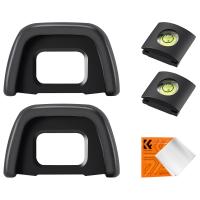
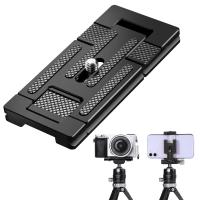
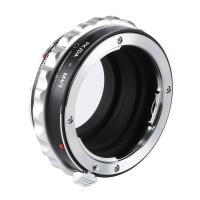
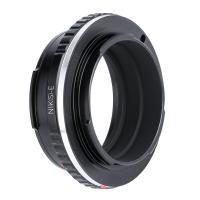
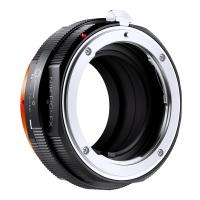
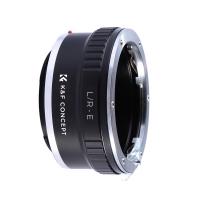
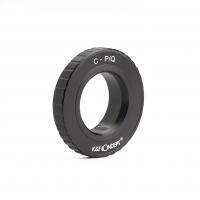
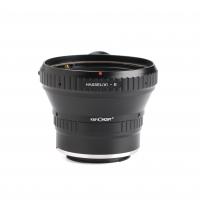
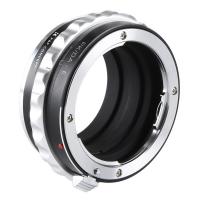
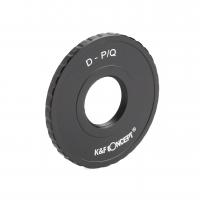
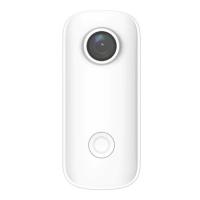
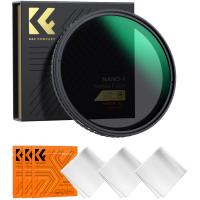
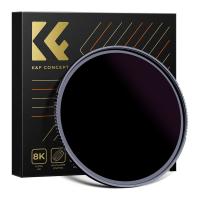
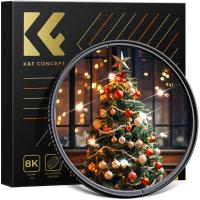
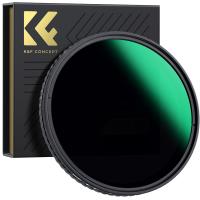
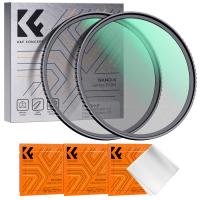
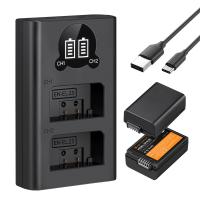
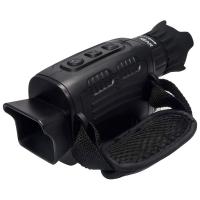
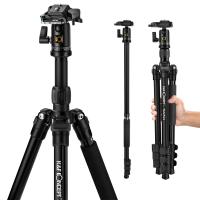
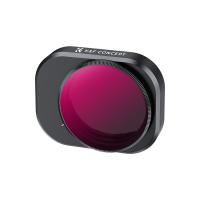
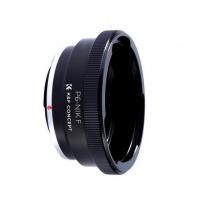
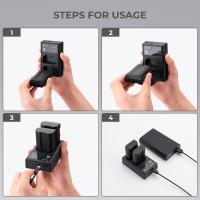
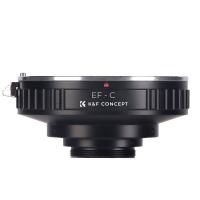
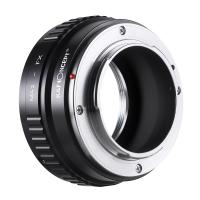

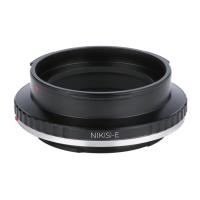
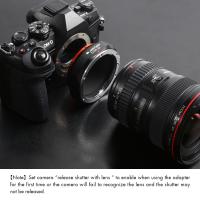
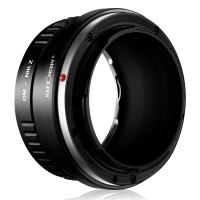
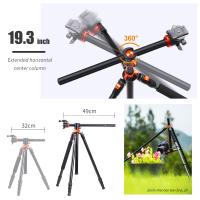
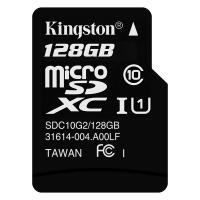
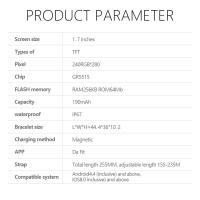
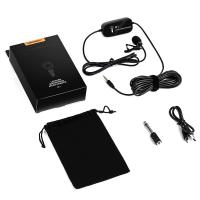
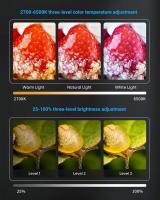
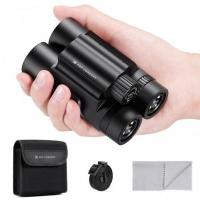
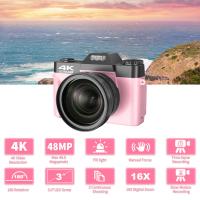
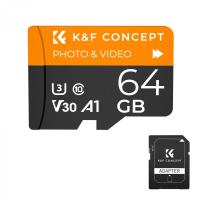
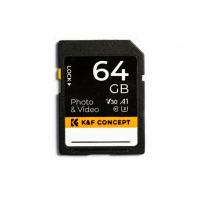
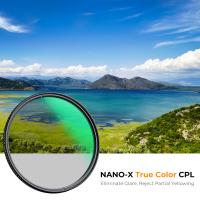
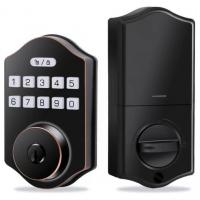
There are no comments for this blog.